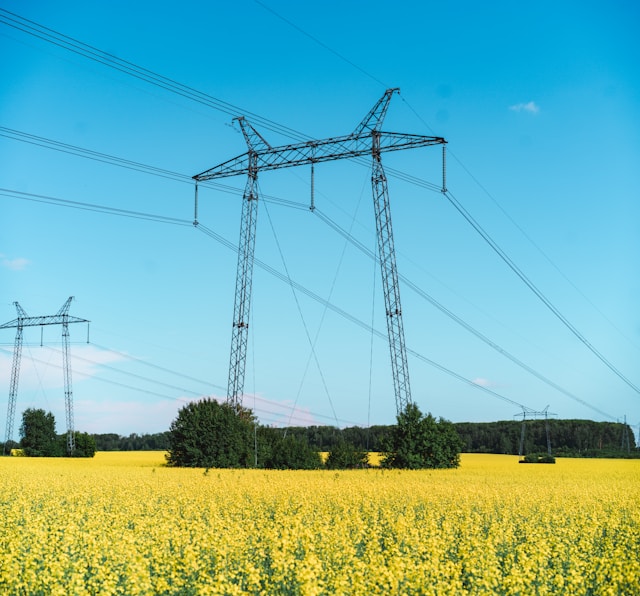
AMARILLO, Texas — Nov. 6, 2025 — Fermi America™ (Nasdaq: FRMI) today announced a major milestone in the development of its next-generation private electric grid infrastructure, signing a $150 million Advance in Aid of Construction Agreement (AIAC) with its first prospective client.
The agreement represents the first direct financial commitment toward the company’s Project Matador — an 11-gigawatt behind-the-meter power campus in Texas designed to supply highly redundant power for emerging hyperscale artificial intelligence workloads.

The company also announced continued progress on infrastructure construction, noting that over 2 miles of 24-inch water pipeline have already been installed — 40% of the total right-of-way line required to serve the campus.
Fermi America is positioning itself at the forefront of the surging power demand driven by data centers and machine learning. The company is “pioneering the development of next-generation private electric grids that deliver highly redundant power at gigawatt scale, required to create next-generation artificial intelligence,” according to its announcement.
Co-founded by former U.S. Energy Secretary Rick Perry and Toby Neugebauer, co-founder and former co-managing partner of Quantum Energy, Fermi America has assembled “a deep bench of proven world-class multi-disciplinary leaders” focused on closing the energy capacity gap constraining U.S. AI development.
The Project Matador campus is expected to integrate:
Together, the hybrid system aims to create the world’s largest next-gen private grid — optimized for uninterrupted, high-density power delivery directly behind the meter.
The $150 million AIAC structure enables the prospective hyperscale client to finance a portion of necessary infrastructure ahead of service initiation — a model increasingly used in data-center-driven energy projects requiring rapid scalability.
The company’s construction progress signals that development is well underway, with water, power routing, and site grading activities advancing in parallel.

As demand from artificial intelligence and cloud compute accelerates, utilities across the United States are struggling to meet new power capacity requests — particularly from data centers requiring gigawatts, not megawatts, of available energy.
Texas has emerged as a top destination due to its competitive energy market and available land, making the Panhandle a strategic location for a power-intensive AI ecosystem.
With private capital deployment accelerating the timeline, Fermi America’s agreement could serve as a template for similar energy-data partnerships nationwide.
The company reiterated investor guidance regarding risk and uncertainty:
This press release may contain “forward-looking statements” within the meaning of the Private Securities Litigation Reform Act of 1995… These forward-looking statements are not guarantees of future performance, but are based on management’s current expectations… Our results could be materially different from our expectations because of various risks.
Fermi America™ (Nasdaq: FRMI) is developing advanced private power systems in support of U.S. technology leadership and resilient energy supply. More information is available at https://fermiamerica.com/.
Media Contact:
Lexi Swearingen
Media@FermiAmerica.com
Originally reported by Fermi American in PR News Wire.